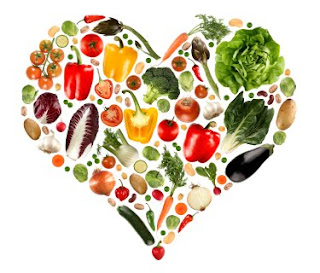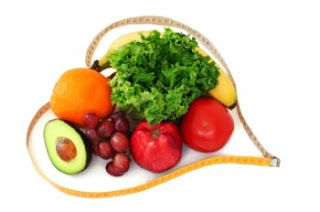
 A healthy lifestyle that helps promote good heart health and cardiovascular function includes a diet that is rich in fruits and vegetables, healthy fats, fiber, whole grains and low-fat dairy products as well as low-fat sources of protein.
A healthy lifestyle that helps promote good heart health and cardiovascular function includes a diet that is rich in fruits and vegetables, healthy fats, fiber, whole grains and low-fat dairy products as well as low-fat sources of protein.We have all seen the "Heart Smart" symbol on packages. Just 25g of soy protein as part of a diet that is low in saturated fats and cholesterol reduces your risk for heart disease. Protein is an important component of every cell in the body. It is an organic compound of 22 amino acids. Protein is stored in muscles and organs. The body utilizes protein to build and repair tissues as well as for the production of enzymes and hormones. Protein makes it possible for the blood to carry oxygen throughout the body. Protein is considered to be a "macronutrient," meaning the body needs relatively large amounts of it. The Institute of Medicine of the national academy of Sciences has concluded that our daily protein requirements should be 10 percent to 35 percent of our total caloric intake, with men needing slightly more than women. A lack of protein can cause a loss of muscle mass, decreased immunity, as well as a weakening of the heart and respiratory system.


0 comments:
Post a Comment